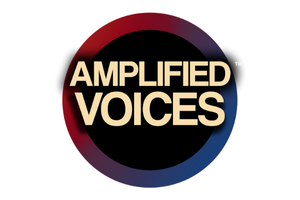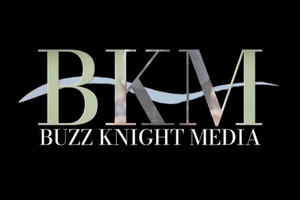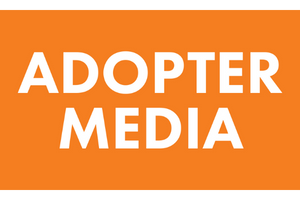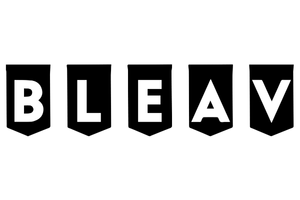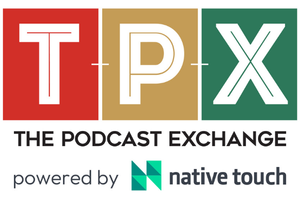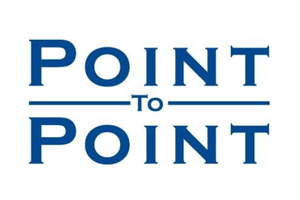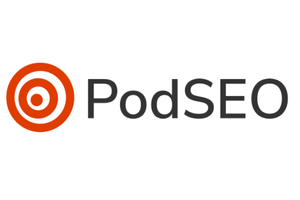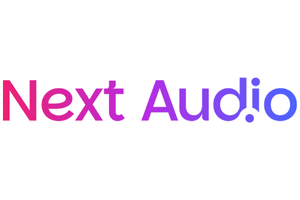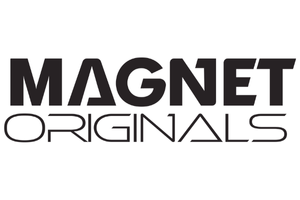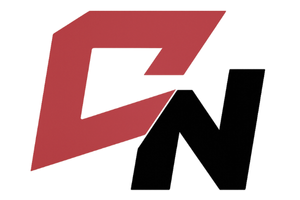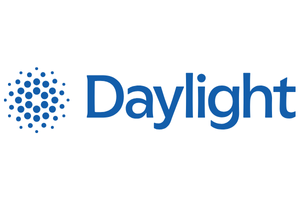As part of Sounds Profitable’s mission to uplift and connect the podcast industry, we’re conducting a series of interviews with industry professionals and leaders to share their stories and insights about where podcasting is, and where it’s going. Today we’re interviewing Colin Gray, founder of ThePodcastHost.com and editing app Alitu.
Welcome, would you mind introducing yourself, your companies, and what they do?
Hey, I’m Colin Gray. I run the podcast host.com and Alitu, the podcast host is just a huge content hub for anyone that wants to run a successful podcast, from free blogs, podcasts, YouTube channels to paid coaching and courses. And Alitu is a podcast maker app. It includes call recording, audio cleanup, audio editing and hosting, so everything a podcaster needs to make their show.
What was it like seeing Alitu featured at Apple’s WWDC?
It was partly surprise, but partly arranged ahead we’d been talking to the safari developer team in particular around making alitu more compatible with Safari. Safari has always had some small issues in the past with running web apps to the same state that Chrome has, but they’ve done a lot of work in the past year or so to bring it up to the same standard. So we were working with them to make it work in Safari really nicely. They told us that they wanted to get us involved in a marketing marketing opportunity, and didn’t tell us what that actually would be. We had a suspicion because of the timing and because they were taking screenshots and stuff, but honestly, we didn’t know that much ahead of time, but we did watch WWDC just through that potential suspicion, and it was so cool to see ourselves show up.
What motivated the decision to put extra effort into making Alitu work better in Safari?
The decision was really based around the fact that Apple had reached out in the first place, so they were offering a fair bit of help. The Safari team were really keen to develop Safari into a platform for running web apps in future. They’re working with a load of different apps at the moment to really make them work better, to develop Safari, to make it better at running just general modern web technology. So that was a big motivation, getting that help from them.
But the other part is certainly that we often have to do a lot of customer support around customers that start using Alitu on safari and have trouble with it. Safari has historically struggled with a lot of the things like call, recording, online. Our editing platform uses all of the cutting edge of tech and modern browsers, particularly Chrome. So our editor, you can do all sorts of things. You can drag out editing, you know, editing segments. You can speed things up. You can do magic filters. You can do so much in the browser to edit your audio. And Alitu and Safari struggled with that in the past, but yeah, they’ve developed it so much more in the last year or so. And when we saw that, when we saw how much they have worked on it, we thought it was a great opportunity to make it work for what is quite a large proportion of people who are first trying out Alitu.
I think our principle is very- it’s a little bit Apple-like in that we like to keep things super simple. We like to keep them very nicely designed. We are quite minimalist in terms of what we include in our platform. So we don’t add any old filters or settings or controls, just because we could, we only add it really if it enhances the experience, and if it actually is something really, really essential to podcasters, and if people are asking for it, particularly for podcasting. So we do sort of make decisions for people, sometimes by applying certain settings by default, that kind of thing. So I think a lot of people who come and use Alitu, there’s a good proportion of them are Apple users, Safari users, and just want that minimalist experience to get their show edited and not think much about the tech. And that’s really what Alitu is designed for. So it seems like a great pairing, which is why we thought it was really worthwhile making Alitu work perfectly on Safari, and iPad is actually a big part of that. We get quite a lot of people trying to edit their podcasts on iPad with Alitu, and I’d love it to work really nicely in that platform.
How do you balance building more features and benefits for existing users vs appealing to a new audience?
We actually don’t struggle with this balance much at all because we’ve been so solely focused on podcasters only since the very beginning, and our audience was always podcasters, widely. ThePodcastHost, where we started out, I started writing that blog for any podcasters back in 2010 because it wasn’t a big audience at the time. So it didn’t feel like I had to niche. It was already a very defined niche at that point, and really, Alitu came out of growing that audience over 5-6-7, years.
In 2017, we were still getting so editing platforms were developing, were getting better, but they were still like so much audio engineering tools, like, they’re still suited for music and all sorts of other really complex projects there was still not like a specific podcast editing platform there, and our audience, from the podcast host, were still asking, how do we make editing easier? It’s too complicated, it’s too technical, and that’s why we started building Alitu.
So it was always designed for those people who wanted to just make editing. Easier take out the tech and really concentrate just in their content. And that’s what it’s always been all along, we’ve considered the idea of branching out and trying to go for YouTube, trying to go for some other audiences. Education is one, like being able to a lot of people actually use alitu to create educational materials and with video recording in it now, and video editing coming up very soon, we could potentially sell it to universities, for example, for lecturers to create learning materials. So ideas like that do come up, but there’s still so much that we can do that we want to do, that podcasters are asking for, specifically for podcasting that we’re still not really feeling much pressure to expand out.
The balance of our work does still go into features that podcasters ask for, and if there is any niching to be done, it’s more in podcasting, for example, we’re looking at the moment about pushing more into the monetization side, because it’s the thing that podcasters always come back to is, how can I earn more out of my show? How can I make it worthwhile running my show and so offering them more dynamic ads, type options, more ways to build their episodes around premium options, premium content. Our editor is so well suited to be able to create like three, four different versions of a podcast, really simply because of the block based building that our editor and our episode builder actually include so things like that is where we’re exploring rather than trying to find a wider audience.
You’ve been in the podcasting world for a while, what has it been like seeing creation tools become more accessible?
Yeah, it’s been a while, 15 years since I started the website, 2010 I started, I wrote the first article for that. But then again, I was teaching podcasting and universities in 2007 which is kind of what I got, what got me into it. I mean, honestly, the answer to this question is it’s been so it’s been such a privilege over that amount of time to reach so many people, to help so many shows start throughout that time, when I was going to events, it was so amazing to have people come up to me quite often at events and say, like, how their their podcast began because of the content they found on our websites or in our podcasting, and how it wouldn’t exist without it, they claimed. I’m sure it would. But it was great to be a help.
So having that impact on people, and I always loved the fact that when I help a person start a podcast and to keep it going and to make it a success, it multiplies out. So I help that one person and then they help 100 or 1000 or 10,000 other people through their content, and that’s nothing to do with podcasting. They help, you know, somebody with their mental well being, or their health and fitness or something that they do through their podcast. So I think that is such a cool thing. And so that has always been the case through our content. People have got in touch through the email, through the newsletters, come on our podcast, all that kind of stuff that’s been really cool. And then developing Alitu as well.
Like we’ve got, we collect testimonials for Alitu, obviously great marketing method, but it’s such a motivator for our team as well. We’ve got a wall of love that’s basically a whole big page, which is all the testimonials and all the people saying how much they love and this, this is a big part of why we keep our minimalist approach, our kind of opinionated approach. We don’t add new features all the time, because the biggest compliment we always get is you just made it so easy. You made it so simple to run this podcast, when actually a lot of the tools out there add more and more and more tools. And that’s for a certain type of podcaster, obviously, but we are for the type of podcaster that wants to concentrate on their content and just get it out there.
It’s been a privilege to work with that many people like two, three million yearly visitors to our website, tens of thousands of listeners to our podcast. We’ve had 2 million plus views on our YouTube channel, and nowadays, more and more into social media, LinkedIn, that type of stuff, as well all sorts of places. So yeah, it’s amazing. I’m not really sure how to quantify Other than that, than being a privilege of a decade and a half of doing this.

